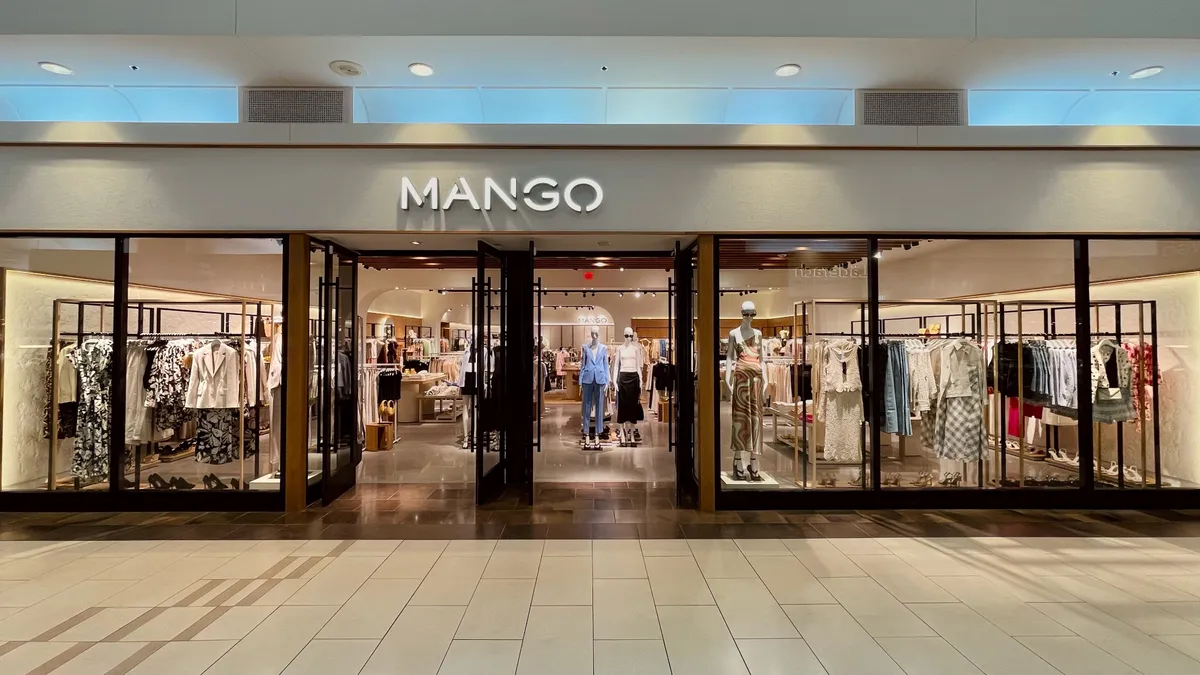Procurement and spend management tech company Coupa Software is headed for a transition as it sells itself to a private equity buyer amid an uncertain market.
On Monday, Coupa announced an $8 billion deal with Thoma Bravo, which specializes in software and tech company acquisitions, that would entail the software company becoming privately held after going public in 2016.
The exit from the public markets is in part a signal that Coupa’s headiest growth may be behind it, and the company could turn its focus toward profitability over expansion.
Just over a decade old, Coupa says that the total spend under management through its platform has grown from $3 billion in FY2011 to more than $3.3 trillion in 2022, according to a securities filing.
That’s a mammoth figure, though the company says it doesn’t necessarily correlate with its own revenue, which reached $725.3 million last year, an increase of roughly a third over the prior year. Still, as the company notes in its annual filings, Coupa believes that the total spend figures “illustrates the adoption, scale, and value of our platform.”
Among the key features of Coupa’s platform are software solutions for procurement, which includes what the company describes in filings as an “e-commerce-type shopping experience” for firms looking to source goods and services, as well as invoice, expense and payment functions. The company this year brought on Avient, LinkedIn and Royal Caribbean as customers, CEO Rob Bernshteyn told analysts in September.
For all the growth to its stable of customers and the spend filtering through its platform, Coupa remains significantly smaller in market share next to its largest direct competitor, SAP’s Ariba, according to Robert Simmons, SVP and equity research analyst with D.A. Davidson.
Coupa’s growth has also started to temper. Revenues for the first nine months of this year were up about 17.4% YoY, compared to more than 40% growth for the same period last year.
“They've already kind of picked a lot of the lowest hanging fruit out there in the market,” Simmons said. “Companies pretty much all have some sort of system, but they’re bare-bone systems or homegrown old systems or legacy systems, and a lot of those have been replaced. Those are the easiest ones for [Coupa] to come in and make a compelling case for companies’ to replace them.”
In other words, many of the companies that were badly in need of an upgrade to their procurement and spend systems have already upgraded through Coupa or others. What’s left in the market is likely not enough to fuel the rapid growth of earlier times. Simmons added that there are still companies in need of solutions like those of Coupa, “but it’s going to be a harder sell.”
Profits over growth?
The current economic backdrop doesn’t help the company’s outlook either. Bernshteyn told analysts in September, “If we take a moment to isolate the variable of future demand uncertainty, there are several scenarios that could play out.”
If the overall economy can manage a soft landing, demand might remain healthy, and “we will continue to thoughtfully invest for growth, and as always, balance with profitability,” the chief added.
But in a recession scenario and the ensuing cutbacks on IT spending in the business world, Coupa would pull back on investing in growth and instead focus more on profitability and cash flows, Bernshteyn said.
In such a scenario, Coupa could reduce spending on its marketing, advertising and sales team, Simmons noted.
A tighter focus on profitability could also be a feature of Thoma Bravo’s ownership of Coupa, especially if growth continues to slow. The private equity firm is financing the acquisition with both equity and debt. The specific mix was left undisclosed, but private equity buyouts tend to lean heavily on debt financing, which becomes the acquired company’s obligation to pay down.
Servicing that debt creates additional financial liabilities for Coupa, which has posted net losses for every year it has ever reported for, in part, Simmons points out, a feature of a subscription-based revenue model.
Simmons noted that Coupa has positive cash flow and “pretty strong” cash flow margins, which means servicing debt from a buyout should be no concern, but could increase the emphasis on profitability and paring down costs. Simmons also said that Thoma Bravo — which owns Activant, Conga, Entrust, McAffee and a host of other tech and software companies — has “a reputation of running fairly efficient operations.”
Thoma Bravo and Coupa expect the deal to close in the first half of 2023, after regulatory and investor approval.
It’s possible the deal could face investor pushback. One major investor, HMI Capital Management, which holds nearly 5% of Coupa’s stock, pressured the tech company prior to the announced acquisition to hold out for a deal that pays at least $95 a share, while Thoma Bravo’s offer is for $81 a share.
“The future for Coupa is an exciting one, and any sale price or process that fails to appropriately value Coupa’s long-term potential at the expense of seeking to rush into a deal would not be tolerated by HMI,” the investor said in the letter.























